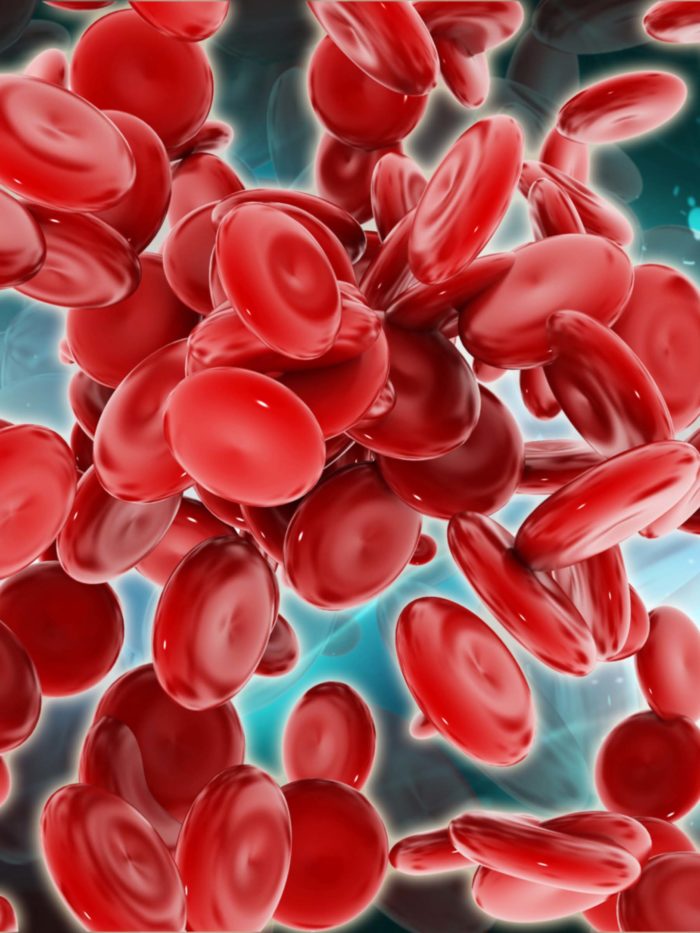Much has changed in the ways of treating hemophilia – an inherited bleeding disorder in which a patient’s blood does not clot properly – and even more changes are on the horizon, says a CHOC hematologist.
“Within just the last 20 years – one generation – is when we began having factors to treat the patients with hemophilia,” says Dr. Diane J. Nugent, chair of hematology and medical director of hematology and Blood and Donor Services at CHOC Children’s. Dr. Nugent also is the medical director of the Hematology Advanced Diagnostic Lab.
Today, hemophilia is treated by replacing the missing blood clotting factor so the blood can clot properly. This is done by administering factor concentrates into a vein. Today, patients can perform these infusions themselves at home to prevent and stop bleeding episodes and enjoy a better quality of life, she says.
“Thanks to therapy, kids can play sports, attend school like any other child and live a full and complete life,” Dr. Nugent says. “Just a generation ago, by the time they were adults, patients with hemophilia were disabled. Today’s treatments are safe and lots of people can do this at home with no problems. This gives the patients more independence.”
Those with hemophilia are typically treated twice a week at home, but new treatments for some patients reduce the frequency. Some patients can now treat themselves as little as once a week because of a new long-acting factor to correct their bleeding.
A new long-acting product called Alprolix treats about one out of six patients who have a type of the condition called hemophilia B. In addition, a long-acting factor for different but common type of hemophilia will be coming out soon as well, Dr. Nugent says.
“Long-acting factors for hemophilia patients will reduce the frequency of IV pokes and will greatly improve their quality of life because now they will only need to treat themselves once a week,” she says.
Because hemophilia is a genetic disorder, specialists hope the condition will one day be corrected through gene therapy.
“Those genetic trials are ongoing at Stanford University and starting with adults,” Dr. Nugent says “We hope that will trickle down to kids in the next decade.”
According to the Centers for Disease Control, the median age in the United States for diagnosis 3 for those with mild hemophilia, 8 months for those with moderate hemophilia, and 1 month for those with severe hemophilia. In most cases, there is a family history of hemophilia.
CHOC always needs new donations of blood and platelets to help patients with hemophilia. To donate blood or platelets, call 714-509-8339 or email [email protected] to make an appointment.




